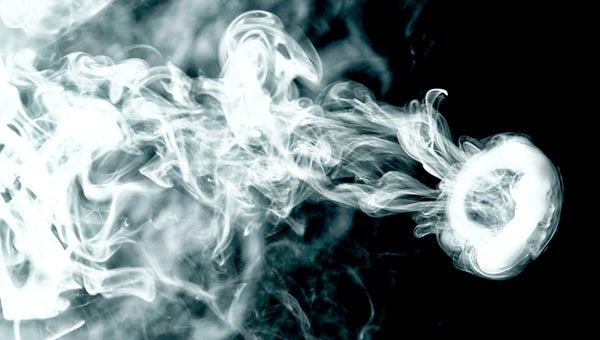Vaping: A true epidemic among our youth
Published 11:07 am Wednesday, February 26, 2020
As the State Health Officer of Mississippi, it is my duty to ensure that the citizens of Mississippi are aware of the eminent public health threat created by the explosion of childhood vaping.
Currently, more than 28 percent of high school students and more than 12 percent of middle school students vape regularly. Personal communications with educators and teens in Mississippi suggest even more frightening numbers. Vaping is a tobacco product and has become a true epidemic among our youth.
One of the most damaging effects of vaping nicotine is nicotine addiction itself. Nicotine is one of the most addictive substances known to man. The developing teenage brain is highly susceptible to the consequences of addiction in all forms, with adverse, long-term effects on reasoning and cognitive functioning. Teens who vape nicotine are 3.5 times more likely to smoke combustible tobacco later in life. And in studies of smokers, we know that nicotine addiction is associated with triple the risk of opioid abuse.
Nicotine addiction is also strongly associated with mental health disorders, such as anxiety and depression. Nicotine is not a safe product for anyone, especially teens. We must do everything we can to protect the next generation of adults from the destructive effects of nicotine addiction.
There is still much we do not know about the long-term consequences of nicotine vaping for youth and adults. Although widely believed to be less harmful than combustible tobacco, vaping actually releases many chemicals with known toxicities. The long-term effects of these chemicals are not yet known, but early research shows a strong association with vaping and cardiovascular disease.
Three decades ago, industry representatives assured us that the liberal use of opioid pain killers was a safe and even a preferred way to address common pain issues. I am fearful that three decades from now we will look back on the explosion of vaping with a sense of regret for not having done enough to protect our children.
Numerous Americans have suffered from vaping-associated pneumonia already, including one in Mississippi who died. This outbreak was associated with black market products — a distinct and separate issue from youth vaping of nicotine products – but it does demonstrate the dangers of an unregulated market for addictive drugs and the assumption of safety among the American public.
It is necessary that Mississippi leaders act now to protect our children. We are not talking about restricting adults who consciously choose to use vaping products rather than traditional tobacco, but vulnerable children who have already experienced considerable harm, much to the financial benefit of large vaping and tobacco companies.
There are simple but effective measures that Mississippi leaders must take if we want to reverse this frightening trend of nicotine dependence in our children.
We must ensure that vaping products are taxed at parity with other tobacco products. Nicotine products are tobacco products. We know that youth are exceptionally sensitive to price when it comes to accessing tobacco. Increasing the cost to our youth is one of the most important approaches we can adopt.
Pass a state Tobacco 21 (T21) law that outlaws the sale of all nicotine products to those less than 21. Although we have a national T21 law, a state law will permit Mississippi law enforcement professionals to enforce the law through state courts.
Ensure that all nicotine retailers are registered and accountable for sales to minors.
Ensure that penalties for those who illegally supply nicotine products to minors are adequate to discourage the violation of the law.
I encourage parents to talk with education leaders about the situation in our local schools. The magnitude of the problem is much greater than most people would imagine. We should all be alarmed by the youth vaping epidemic exploding all around us. Now is the time to act for the benefit of our children.
Dr. Thomas Dobbs, State Health Officer, Mississippi State Department of Health






